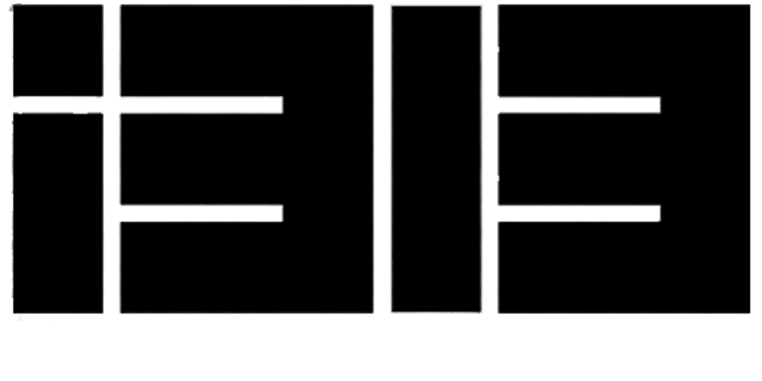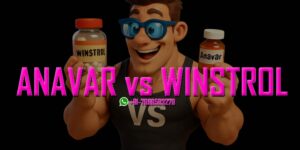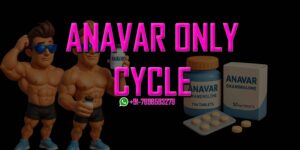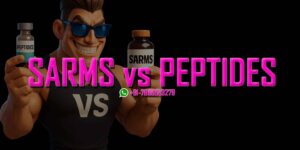When it comes to building muscle naturally, your diet is just as important, if not more, than your training. Natural bodybuilders rely solely on food, discipline, and training without performance-enhancing drugs. That means your nutrition must be optimized to fuel workouts, support recovery, and build lean muscle mass. In this guide, we’ll explore an effective and practical Muscle Building Diet Plan with real-life examples, meal strategies, and expert tips.
Why Diet Is Crucial in Natural Bodybuilding
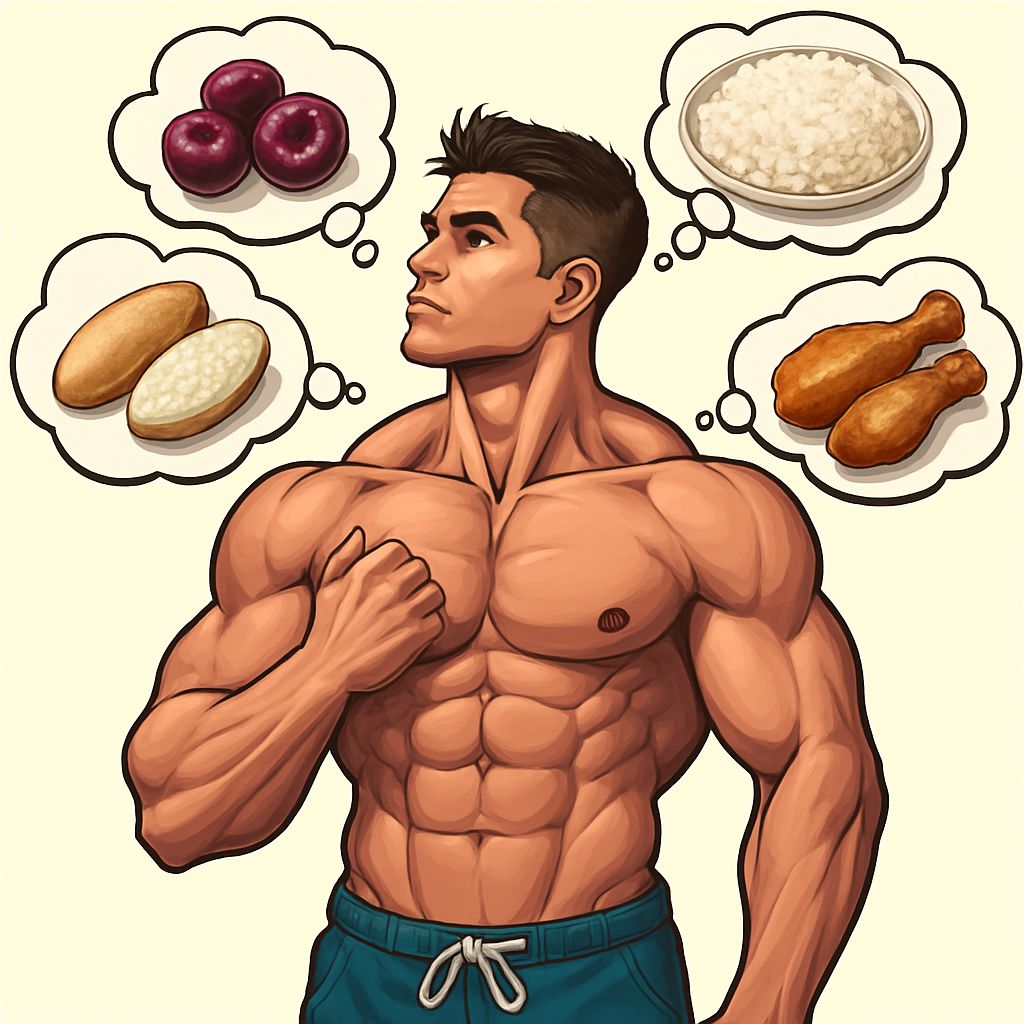
In natural bodybuilding, where performance-enhancing drugs are not used, diet becomes the foundation of muscle growth and recovery. Without synthetic hormones, your body depends entirely on the nutrients you consume to build muscle, repair tissue, and support hormone production. A balanced, protein-rich diet ensures your muscles get the amino acids needed for growth, while healthy fats support testosterone levels, and carbohydrates provide the energy required for intense training sessions.
Simply put, no matter how hard you train, without proper nutrition, your body won’t have the fuel to grow. Consistency in eating clean, whole foods—at the right times—can make the difference between seeing real progress or hitting frustrating plateaus. A well-planned diet is your most powerful natural tool for sustainable muscle gain. Do Steroids Build Muscle Fast? Truth Revealed
Key Goals of a Muscle Building Diet Plan:
- Build lean muscle without fat gain
- Boost natural testosterone production
- Improve recovery and performance
- Sustain long-term health
Real-Life Example: Rajat, a 24-year-old college athlete, trained 5 days a week but didn’t see results until he cleaned up his diet. By switching from junk food to a protein-rich, whole-food diet, he gained 5 kg of lean muscle in just 12 weeks.
Macronutrient Breakdown for Natural Muscle Building
Every successful natural bodybuilding diet plan starts with a well-structured macro balance.
1. Protein – The Muscle Builder
- Goal: 1.6–2.2g of protein per kg of body weight daily
- Sources: Chicken breast, eggs, paneer, Greek yogurt, lentils, whey protein
2. Carbohydrates – Your Energy Fuel
- Goal: 3–6g per kg of body weight (varies by training intensity)
- Sources: Rice, oats, sweet potatoes, fruits, whole wheat bread
3. Fats – Hormone & Joint Support
- Goal: 0.8–1g per kg of body weight
- Sources: Nuts, seeds, olive oil, avocado, whole eggs
Expert Tip: Never eliminate fats—natural bodybuilders need fats to maintain testosterone levels.
Muscle Building Diet Plan (Non-Veg) (2700–3000 kcal)
This sample plan works for someone weighing 70–80 kg aiming to gain lean mass naturally.
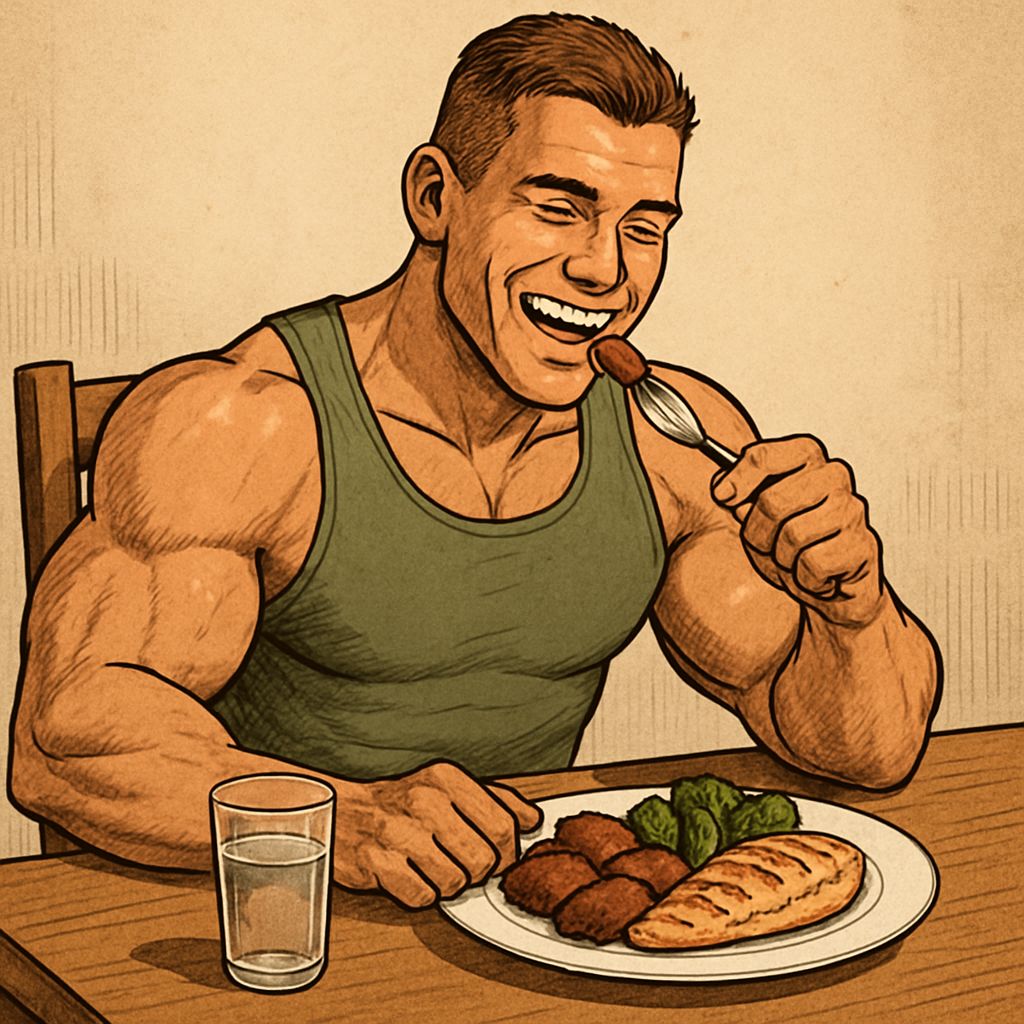
Meal 1 – Breakfast (8:00 AM)
- 4 whole eggs + 2 egg whites
- 2 slices whole-grain toast
- 1 banana
- 5 almonds
Meal 2 – Mid-Morning Snack (11:00 AM)
- 1 scoop whey protein + water
- 1 apple or an orange
Meal 3 – Lunch (1:30 PM)
- 150g grilled chicken breast or tofu
- 1 cup brown rice or quinoa
- Steamed vegetables
- 1 tsp olive oil
Meal 4 – Pre-Workout (4:30 PM)
- Peanut butter (1 tbsp) on 2 slices of whole wheat bread
- Black coffee or green tea
Meal 5 – Post-Workout (6:30 PM)
- 1 scoop whey protein
- 1 banana or 2 dates
Meal 6 – Dinner (8:00 PM)
- 150g fish, paneer, or lean beef
- 1 small baked sweet potato
- Mixed salad with olive oil dressing
Meal 7 – Before Bed (10:30 PM)
- 1 cup low-fat curd or Greek yogurt
- A few walnuts or flaxseeds
Vegetarian Muscle Building Diet Plan
Yes, you can build muscle naturally as a vegetarian with the right choices.
Protein-Rich Veg Options:
- Paneer, tofu, soya chunks, lentils, chickpeas, quinoa, Greek yogurt
Real-Life Example: Rohit, a vegetarian athlete, used a high-legume diet with tofu and whey isolate to gain 4 kg of muscle over 3 months, while staying below 15% body fat.
Muscle Building Diet Plan (Veg) (2700–2900 kcal)
High protein, balanced macros, and 100% plant-based or vegetarian-friendly.
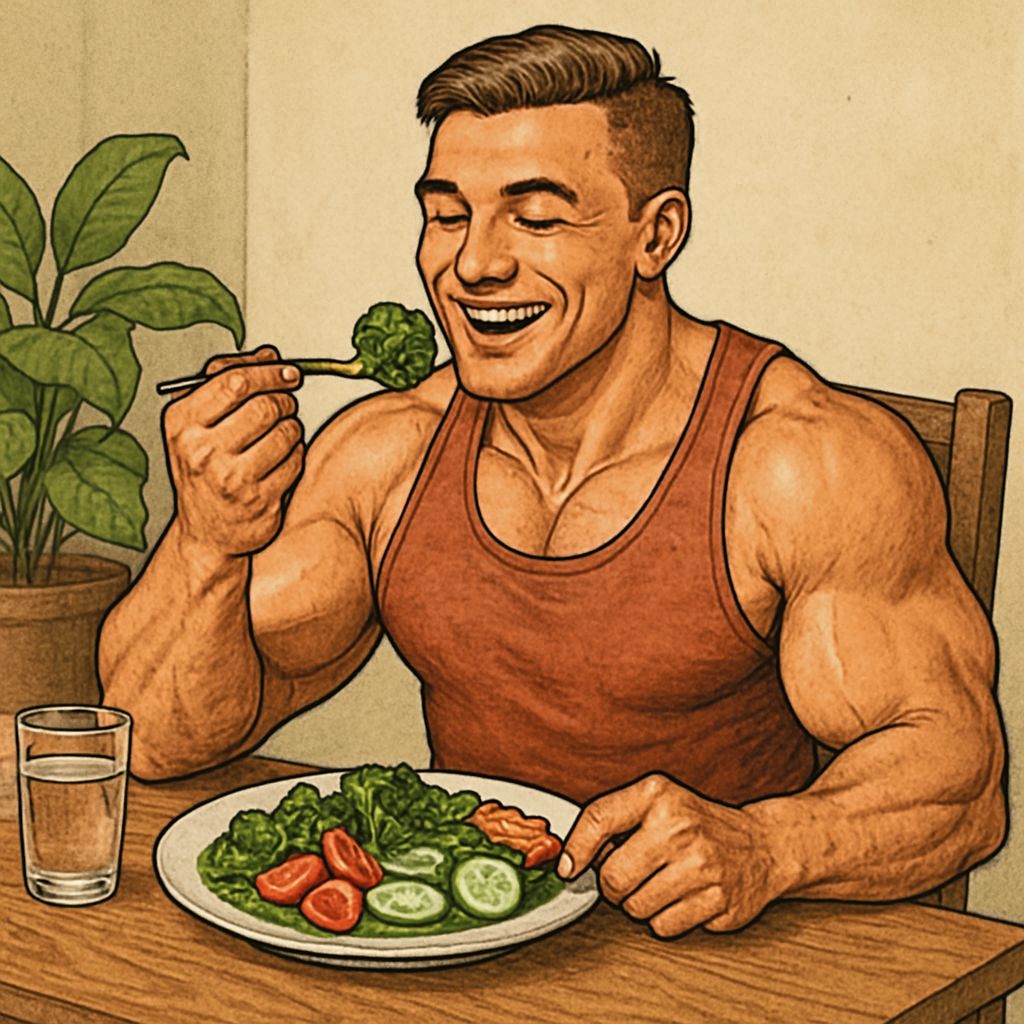
Meal 1 – Breakfast (8:00 AM)
- 5 egg whites + 1 whole egg (or tofu scramble for vegans)
- 2 slices whole wheat toast or 1 cup oats
- 1 banana
- 6 almonds
Protein + Complex carbs to start the day right
Meal 2 – Mid-Morning Snack (11:00 AM)
- 1 scoop whey or plant protein isolate with water
- 1 apple or 5 soaked almonds
Quick protein & antioxidants to hold hunger
Meal 3 – Lunch (1:30 PM)
- 1.5 cups cooked brown rice or quinoa
- 1 cup mixed lentils (dal) or chickpeas
- Mixed vegetables sautéed in 1 tsp olive oil
- Salad with cucumber, carrot, and lemon
High fiber, complete plant protein, slow-digesting carbs
Meal 4 – Pre-Workout (4:30 PM)
- 1 peanut butter sandwich on whole wheat bread
- 1 cup black coffee or green tea
Natural energy boost with healthy fats
Meal 5 – Post-Workout (6:30 PM)
- 1 scoop whey or plant-based protein
- 1 banana or 2 dates
Quick-absorbing protein + carbs to refuel muscles
Meal 6 – Dinner (8:00 PM)
- 150g paneer (or tofu if vegan)
- 1 small sweet potato or roti
- Steamed broccoli/spinach or mixed veggies
- 1 tsp flaxseed oil or olive oil dressing
Micronutrient-rich + muscle-building protein
Meal 7 – Before Bed (10:30 PM)
- 1 cup curd or Greek yogurt (or soy milk for vegans)
- A few walnuts or flaxseeds
Slow-digesting protein and healthy fats for overnight recovery
Key Tips for Success:
- Hydration: Drink 3–4 liters of water per day.
- Supplements: Consider adding creatine monohydrate, omega-3 (plant-based), and multivitamins.
- Adjust calories: Add or remove 200–300 kcal based on your goal (bulking or maintaining).
- Meal timing: Eat every 2.5–3.5 hours to support metabolism and muscle repair.
Meal Timing and Frequency: What Works Best?
Ideal Frequency:
- 5–7 small meals per day to maintain energy and amino acid availability
Pre and Post Workout Meals:
- Pre: Carbs + moderate protein (e.g., oats + eggs)
- Post: Fast-digesting protein + carbs (e.g., whey + banana)
Expert Note: Avoid long gaps between meals. Natural bodybuilders must minimize muscle breakdown.
Hydration and Recovery Matter

Hydration and recovery are often overlooked pillars of successful bodybuilding. Staying properly hydrated supports muscle function, nutrient transport, and joint health—critical for intense workouts. Even slight dehydration can reduce strength, increase fatigue, and slow recovery. Alongside water, electrolytes like sodium and potassium help prevent cramps and maintain endurance. But hydration is only half the equation. Anabolic VS Natural Bodybuilding? Which One Wins?
Recovery, through quality sleep and rest days, is when real muscle growth happens. After lifting weights, your body needs time to repair microtears in muscle fibers and rebuild them stronger. Without adequate recovery, progress stall,s and the risk of injury increases. Natural bodybuilders especially need to prioritize rest, as they rely solely on nutrition and sleep for recovery—no synthetic shortcuts. A consistent hydration routine and 7–9 hours of sleep per night can significantly improve performance, recovery, and long-term gains.
Tips:
- Aim for 3–4 liters of water daily
- Add coconut water or ORS post-intense sweat sessions
- Sleep 7–9 hours every night
Real-Life Insight: Anuj, who hit a plateau, fixed his hydration and started sleeping earlier. His lifts increased within weeks just from better recovery.
Natural Supplements That Support Diet
While the focus is on whole food, some natural supplements can help:
Useful Add-ons:
- Whey protein – a quick and clean protein source
- Creatine monohydrate – boosts strength and power
- Omega-3 – reduces inflammation, aids recovery
- Multivitamin – fills in micronutrient gaps
Caution: Avoid steroids, SARMs, or unverified products. Stick to clean, tested, natural supplements only.
Common Mistakes in Muscle Building Diet Plan
1. Not Eating Enough:
Under-eating is the #1 reason for no muscle gain in naturals.
2. Too Much Junk Food:
Trying to do dirty bulk leads to fat gain, not quality muscle.
3. Inconsistent Eating:
Missing meals or overeating on rest days throws off progress.
Pro Tip: Track your food using apps like MyFitnessPal to stay accountable.
Final Thoughts on Muscle Building Diet Plan
A successful natural bodybuilding diet plan is about consistency, balance, and smart food choices. You don’t need steroids or extreme measures to build an aesthetic, muscular body. What you need is:
- A solid training program
- Calorie surplus with clean foods
- Sufficient protein and fats
- Rest, recovery, and patience
With discipline and time, natural gains are not only possible but sustainable and healthier long-term.
Need Help Creating Your Diet Plan?
Drop your weight, goal, and dietary preference in the comments and get a custom meal plan designed for natural muscle building—totally free!
